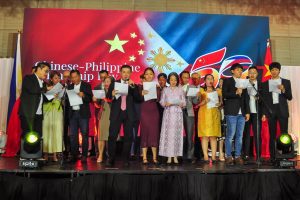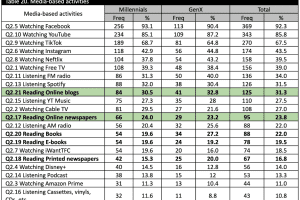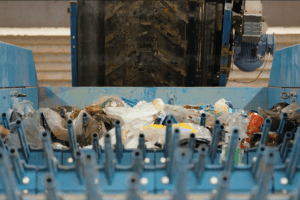The Department of the Interior and Local Government (DILG) urged all local government units (LGUs) to bolster the digital economy and move towards digitized government transactions to reduce contact, impede further contagion, and boost economic activity as the country continues to battle the COVID-19 pandemic.
DILG Secretary Eduardo M. Año also urged all LGUs to fast track the issuance of permits and clearances in setting up crucial infrastructure needed for digital connectivity across the country including the construction of cell sites to improve internet connectivity.

He said that going digital is the “call of the time”. He said that more than technological advancement, digitized government and consumer transactions are precautionary measures that can contribute immensely to impeding virus transmission.
“The millions working from home, the students looking forward to on-line learning, and the workers who depend on the digital economy are all expecting government to address the gaps in our internet infrastructure. We therefore encourage all LGUs to beef up their digital platforms in their communities as we move towards the new normal,” he said.
In a webinar tackling digital disbursement, DILG Undersecretary and Spokesperson Jonathan Malaya said that the digital platforms can be an able partner of LGUs in ensuring the health and safety of the public while promoting economic growth. “You have to strike a balance. We must begin the economic recovery even as we fight COVID.”
Despite having their hands full battling the pandemic, LGUs, he said, have a rare opportunity and a key role in bolstering the digital platform, not just in government services but also in building business and consumer confidence during these trying times.
The DILG Spokesperson said that LGUs must encourage businesses to veer towards online money transfer – “which has become part of the new normal” – instead of physical payment. “Many businesses have now been engaging the financial services provided by major payment gateways such as Smart Padala, Gcash, PayMaya, Google, and Click2Pay that have drastically changed our experience in making online payments – from the conventional “pasaload” to a more sophisticated process of online payment,” he said.
He said that cashless payment yields many advantages, such as convenience, customized to the client’s needs, and saves more time than the usual payment medium.
He further called on the LGUs to build a network and partnership with various online payment providers. “LGUs play an important role in providing a seamless and efficient delivery of public services – to ensure that every citizen will benefit in this initiative, we are moving forward with our partners in the private sector.”
Cashless payment in government transactions
In the same webinar, Malaya emphasized the advantages of gearing towards cashless payment in aid of various government services in the middle of the coronavirus pandemic.
Malaya said that one of the possible primary benefits of cashless payments is the distribution of the 2nd batch of the Social Amelioration Program (SAP) subsidy.
He said that the manual distribution of P97.7211 -billion funds of the 1st tranche took several weeks to be completed until the deadline last May 13, 2020, while the P16.809-billion SAP funds for the 3.824 million 4Ps families were immediately received thru their cash card or automated teller machine (ATMs).
He also said that the government advocates the use of online payment for taxes and mandatory social contributions. i.e., GSIS, BIR, SSS, PagIBIG, and PhilHealth.

“Despite some security issues that the government assures can be countered, online payment is also seen to reduce red tape and cost of doing business as all government agencies, through the Ease of Doing Business Act, are mandated to automate their processes including payment of taxes, fees, and charges,” he said.
Meanwhile, he further said that some best practices are being implemented in every LGU as part of their Covid-19 response initiatives such as online disbursement of subsidies for Senior Citizens, PWDs, etc., as well as online payment for business and real property taxes.
The BSP has announced that 65 government agencies are currently using the Land Bank of the Philippines (LBP) electronic portal for various online services, and an additional 180 are expected to be on board in the next few months. The agency is also promoting the use of QR codes – as a simplified method for online payment – which 21 BSP-supervised financial institutions are using to date. (DILG Philippines)












